This series of short films focus on some elements of Relationships, Sex and Health Education (RSHE), for primary-aged pupils.
Please ensure you watch the films prior to using in class, to ensure they are suitable for your pupils and in line with your school's policy for RSHE.
The films cover the following topics:
- Relationships and families
- Sperm, egg and womb
- Puberty
- Attraction
- Sex and sexual intercourse
- In vitro fertilisation (IVF)
These clips could be used to introduce topics, prompt discussion, or reinforce learning.
They should be used as part of the school RSHE curriculum, which you and your school will have developed to reflect the needs of your pupils and in consultation with parents. You may choose to use these clips to support your KS2 science lessons as well. Some schools choose to draw cross-curricular links with these topics and other relevant subjects.
You should ensure you are up-to-date with best practice in RSHE teaching before delivering this content.
It is up to individual schools to define relationships education, sex education, health education and science. This may be stated in your schoolŌĆÖs policy. These films must be watched carefully prior to using them in class, to ensure that the content reflects their school policy and definitions.
Relationships, health and science are statutory elements of the curriculum in England.
Sex education is not statutory at primary: parents have the right to withdraw their children from this element of the curriculum. See (paragraph 45-50).
Please refer to for more detailed guidance (PDF, 181KB)
Full programme. video
Watch the full Operation Ouch programme: 'How are babies made?' The programme covers some elements of Relationships, Sex and Health Education (RSHE), for primary-aged pupils. Please ensure you watch prior to using in class, to ensure the contents are suitable for your pupils and in line with your school's policy for RSHE. You can find shorter clips from the programme, with supporting teacher notes, below.
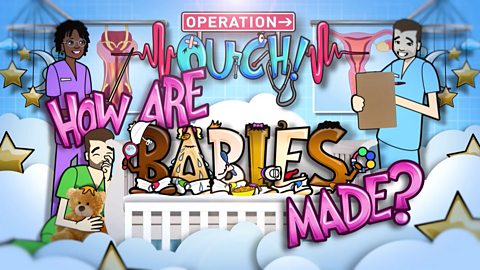
Relationships and families. video
This short film is about combinations of humans that can make up a family: mothers and fathers, sisters, brothers, dogs, two fathers, two mothers, foster families. It introduces the concept of biological parents, adoptive parents, foster parents, and divorced parents.
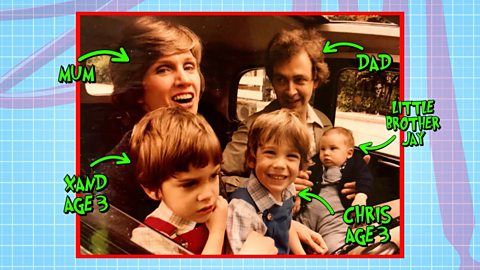
Sperm, egg and reproductive organs. video
This short film introduces the topic of reproduction and that babies start from an egg and sperm. Correct terminology is given for genitals and reproductive body parts in male and female bodies.
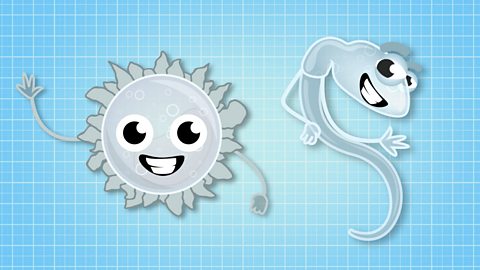
Puberty. video
This short film looks at puberty and why it happens, defining it as changing from a child to a reproductive adult. There is a description of the changes that happen in most bodies, what that may mean for female bodies and male bodies, when it might happen and that it is normal.
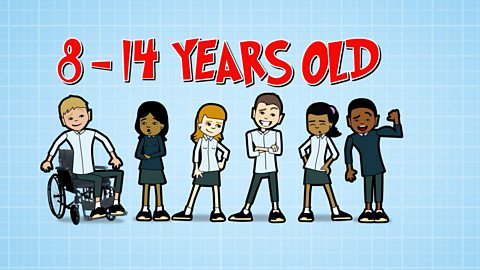
What is attraction? video
This short film is about feelings of attraction that can begin to happen during puberty. They can feel warm, exciting, and sometimes confusing.
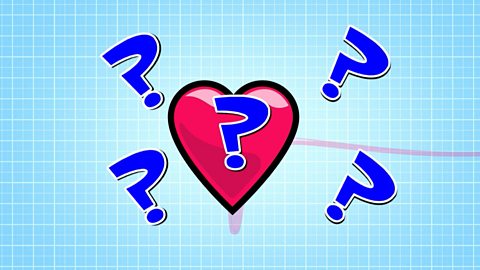
Sex and sexual intercourse. video
This short film talks about genitals, arousal, sexual intercourse, and fertilisation. It sets out that this is something that can happen when a man and woman decide to have sex to make a baby, and that this is the most common way of fertilisation.
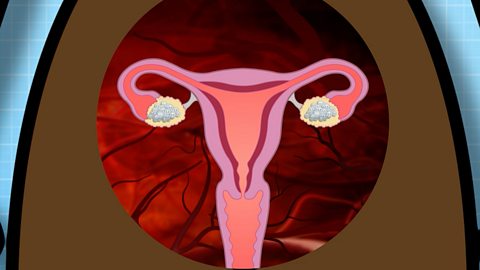
In vitro fertilisation (IVF) video
This short film explains IVF - a procedure used to help people who cannot conceive via sexual intercourse. It is used to help people to get their eggs and sperm to meet, fertilise and hopefully make a baby.
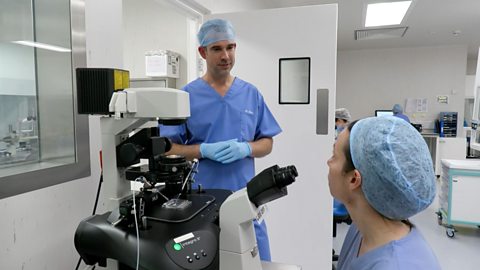
Where Next?
Bitesize: KS2 Science
Use these Bitesize resources to set homework, independent study tasks or to consolidate learning for your pupils.
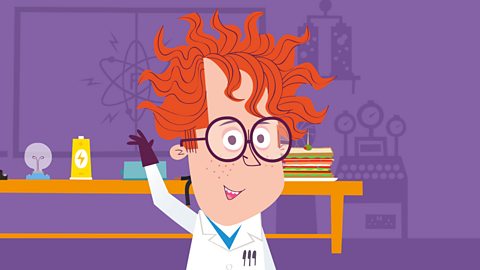
Bitesize
Use these Bitesize resources to set homework, independent study tasks or to consolidate learning for your pupils.
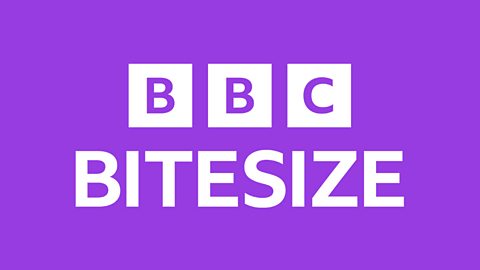
Newsround
The latest news stories from Newsround to share in the classroom.
